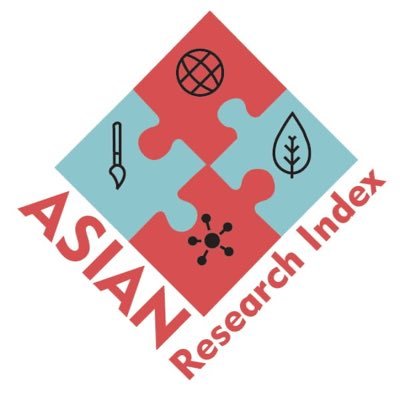Difference in Opinion in Prophetic and Caliphate Periods; Causation and Ethical Consideration
Abstract
The difference in opinions and argumentations is a natural phenomenon. There is a huge conceptual variation among people even having same physical, economical and sociological status. Having different mental approaches, these differences occur naturally. These differences are generally taken as positive or negative. The main objective of this paper is to investigate reasons of disagreement in views in Prophetic and Caliphate Periods as well as Islamic ethical ways of differentiating others conceptually. After reviewing the available secondary data and noting the deficiencies in elaborating this aspect, there was need to highlight the manners of criticism and moralities of argumentation. This paper contributes to fill the gap to some extent. It is a historical review of early Muslim history. In Islam, positive form of differences is acceptable with some conditions and negative form is discouraged. For freedom of speech, it is praise worthy in Islam that every man (or women) can give his own opinions or views about a matter. Everybody can criticize a personality or a concept with valid logical reasons but with ethics and manners. The Prophet Muhammad (ṠAAS) and his companions used this approach. Early Muslim history of disagreement and criticisms remained positive, constructive and ethical.




.png)




